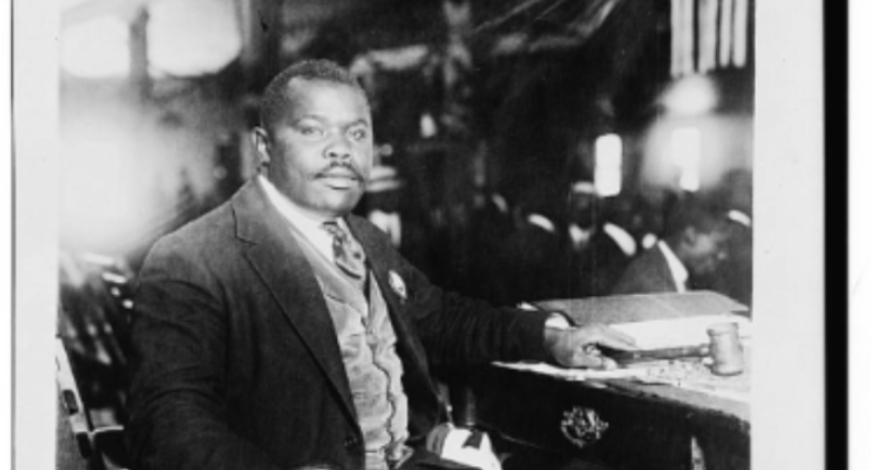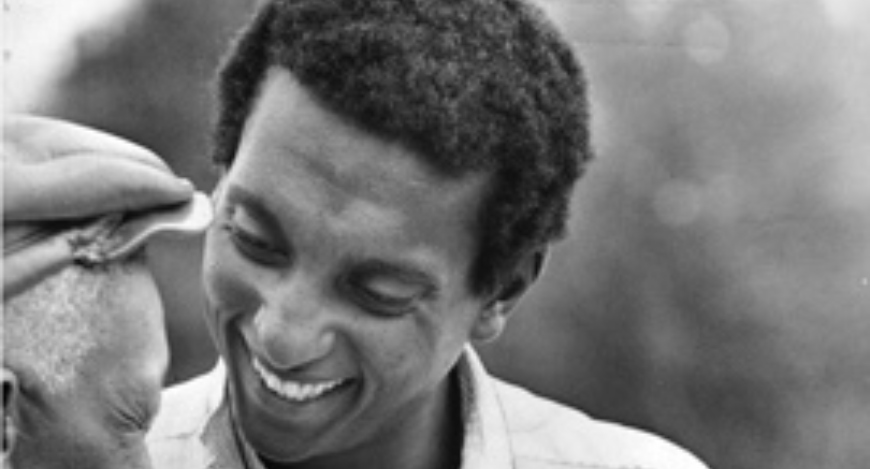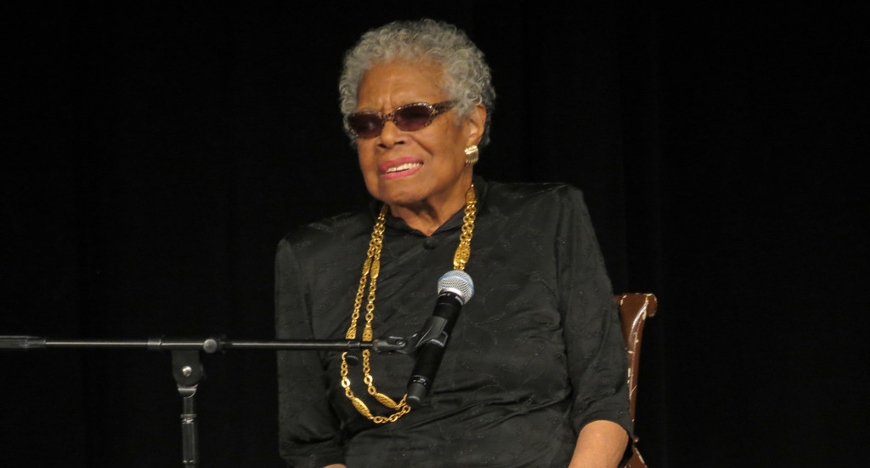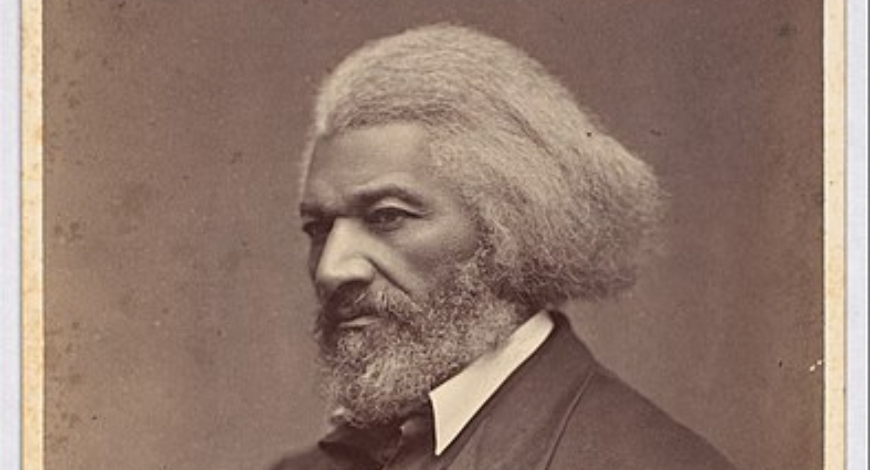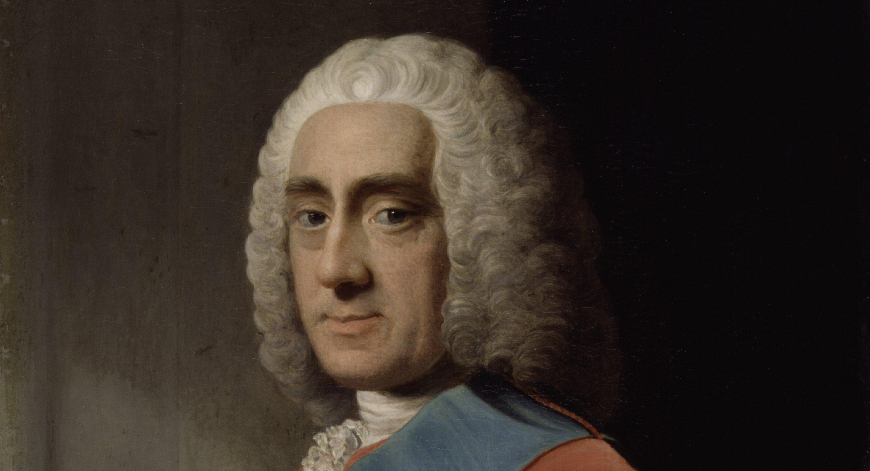There’s no denying that confidence plays a role in success. What’s harder to determine is just what kind of role. Some say that a confident mindset going into a task is the most important ingredient for success. Others say the only way to be confident is to actually achieve something first. Students must determine for themselves how to gain confidence in a way that supports their happiness and positive sense of self-worth.
Children are taught from a young age that when they want something they should wait their turn until they are granted permission. Waiting cultivates patience. It shows good manners. This attitude works in some settings but when it comes to gaining respect from others, the whole idea of waiting becomes burdensome and futile, especially when other people treat you poorly. Sometimes, children should be taught to advocate for themselves to get people’s attention about injustice. Figuring out when to do this in the right way is a life-long moral challenge.
The old adage “Just be yourself” looks good on paper but gets pretty scary in the real world when we must rely on our own instincts to make decisions. Dangers abound. What if we make a mistake and hurt somebody? These fears– fueled by lack of confidence– cause us to look to other people to do the thinking and acting for us. Our role models inspire us to be better, but sometimes they become convenient ways to escape the responsibility we have to be the best versions of ourselves.
The feeling of being afraid is something with which all students can identify. Fear paralyzes and diminishes one’s ability to think, learn and form positive human relationships. Fear is something to be avoided at all costs, and that the proper attitude is to be open and be willing to take risks without fear of failure. Yet, sometimes fear can lead people to make smart, safe decisions and provide security in the midst of an unstable situation.
The power of self-awareness isn’t obvious to us. So often we feel ourselves to be at the mercy of life. Life just happens to us. When things don’t go our way, we often throw our energies into changing other people and events to make things right. But maybe our efforts to change the world are futile. Maybe the only thing we really have control over is our attitude towards what happens. If we realize this, then we can find the strength, peace and acceptance we’re looking for.
Fear is a force that is so debilitating for kids and adults alike. Fear obstructs clear thinking and fuels anxiety in a way that makes it hard to work and be successful on anything. Often, uncertainty is behind our fears. When we don’t know what to do, we become afraid of what the future has in store for us. Yet sometimes knowing what to do actually inspires our fear. Successful management of our fears is a life-long challenge.
While it is true that education is valuable to all of us at any age, it is also true that our energies and resources are limited and must be used wisely if we want to change the world into something better. Some say that children should be the focus because their minds are more easily shaped and influenced; others suggest that adults– who are actually in positions of power and influence– should take a front-and-center importance to our efforts to change minds and improve the world.
Adults sing the praise of the importance of patience. The advice to kids usually goes something like this: if you are patient and work hard over time, you put yourself in a position to accomplish great things. Success never comes easy. Life is a grind and you should develop a growth mindset to persevere through it. Though sometimes a person’s life experiences seems to teach the opposite lesson; that sometimes going after what you want quickly and aggressively will lead to even greater accomplishments. Impatience can be a virtue as well.
Trust requires that you must set aside your feelings of suspicion and agree to work with people in good faith. Sometimes, trust is so hard to attain, whether it be on the playground, in the classroom or with your friends. Yet, to live and solve problems with other people, we need to trust them. Trusting others will sometimes lead us into grim disappointment but it can also restore our faith in humanity. Building trust is a skill and must be practiced over time to see and reap its benefits.
While it is true that education is valuable to all of us at any age, it is also true that our energies and resources are limited and must be used wisely if we want to change the world into something better. Some say that children should be the focus because their minds are more easily shaped and influenced; others suggest that adults– who are actually in positions of power and influence– should take a front-and-center importance to our efforts to change minds and improve the world.
Setting life goals is an activity we are always encourages young people to do. The thinkings goes like this: if you set goals for your future, then you will become happier and successful because you know what you want. That being said, though, it’s very unclear just how we should plan out our lives, whether it is better to set small, attainable goals or shoot for long-term goals which are harder to see but inspire us to do the daily work necessary. Goal-setting is an extremely important skill in school, work and relationships.
Students think and talk about happiness all of the time. Some believe happiness is something we control and that if we just do the right things we will become happy. There are others who think of happiness as a byproduct of a good environment and not something we can control. The issue of whether we control our happiness is an important one because it determines whether or not a student develops a healthy capacity for self-motivation and goal-setting.

